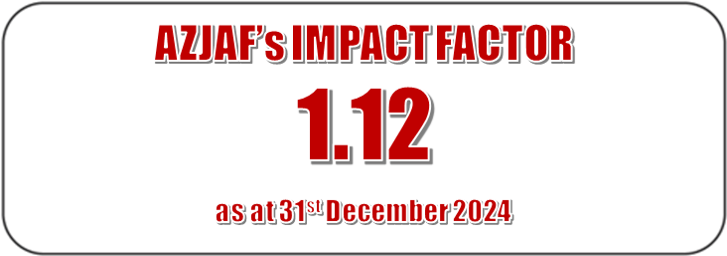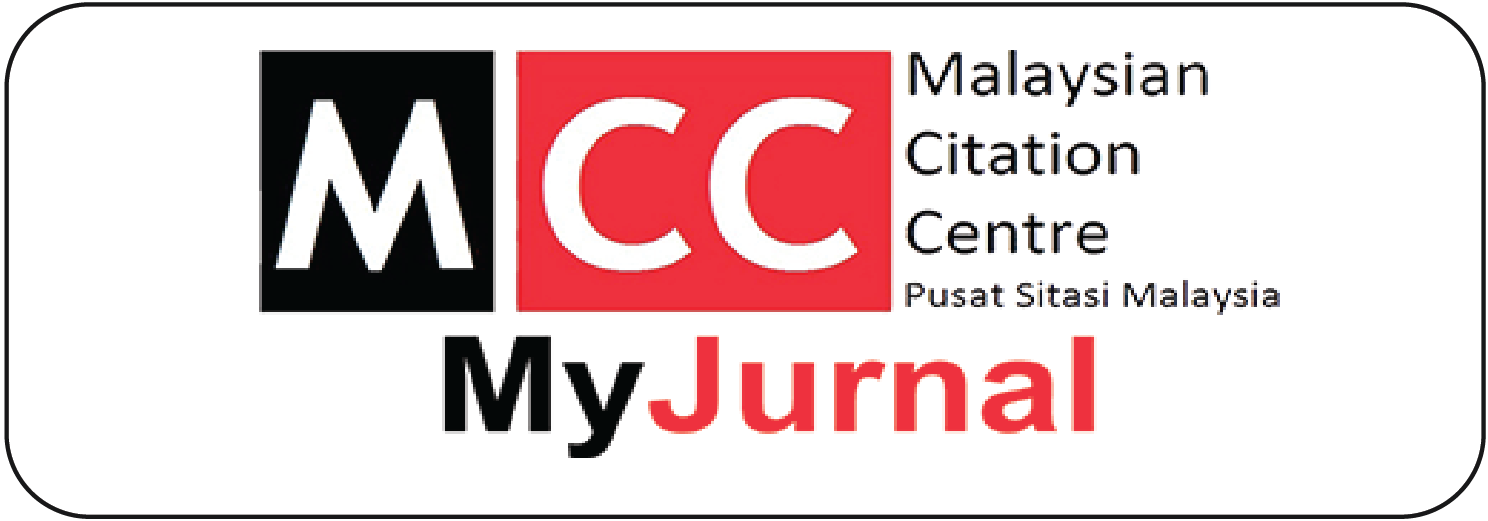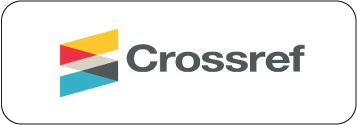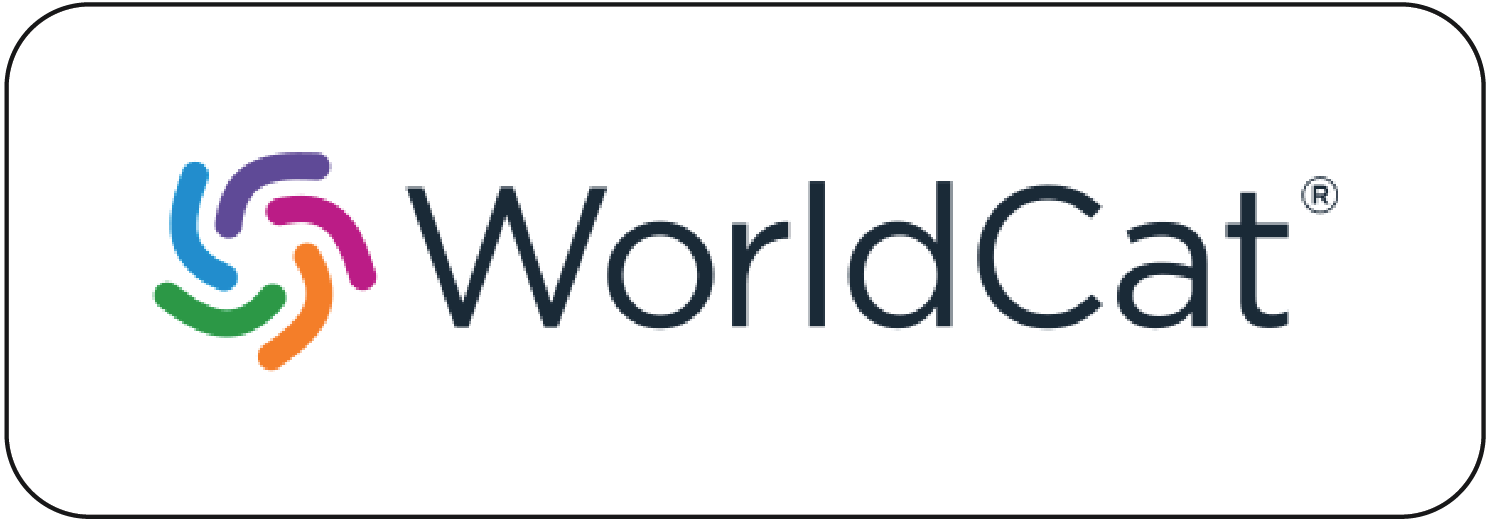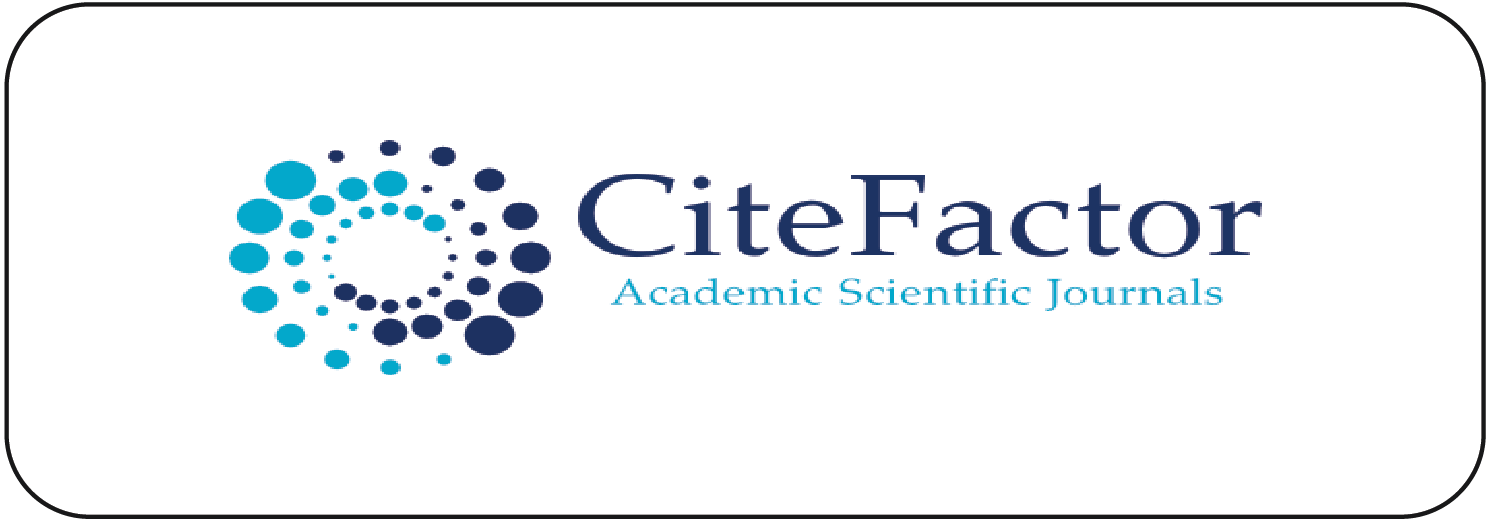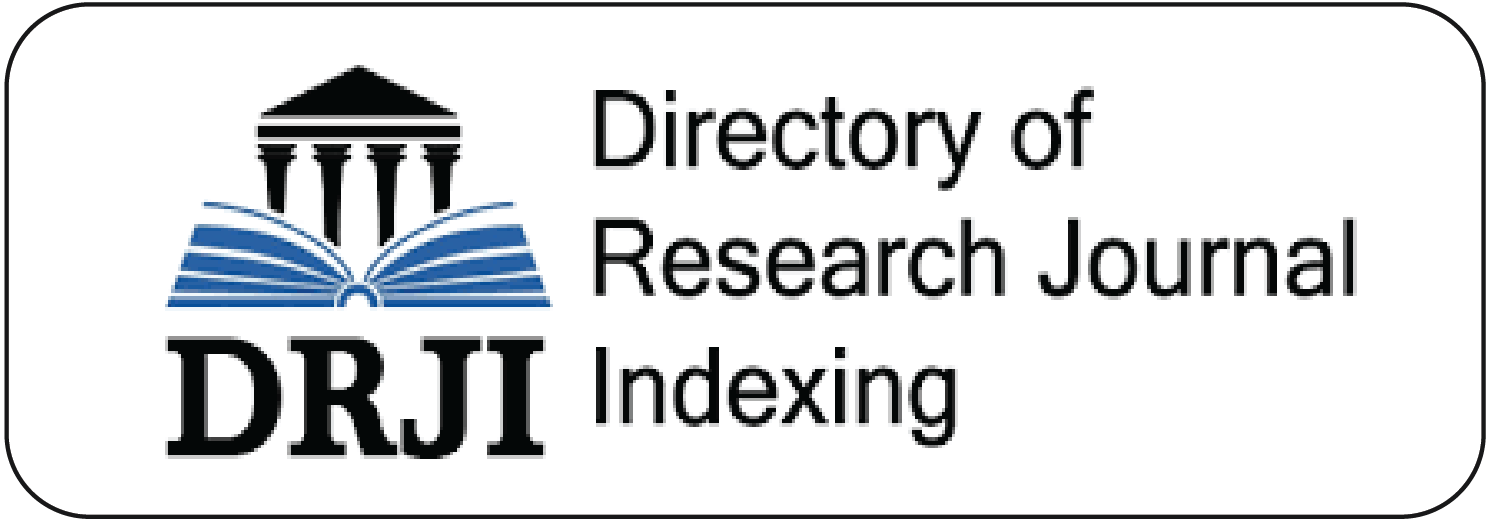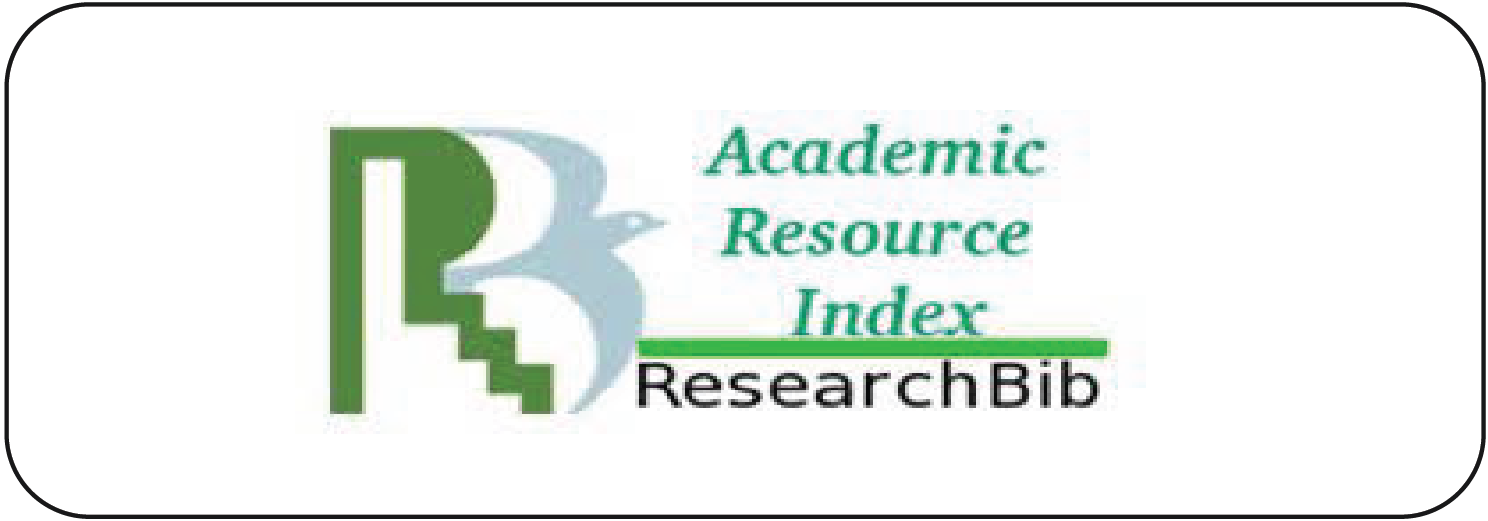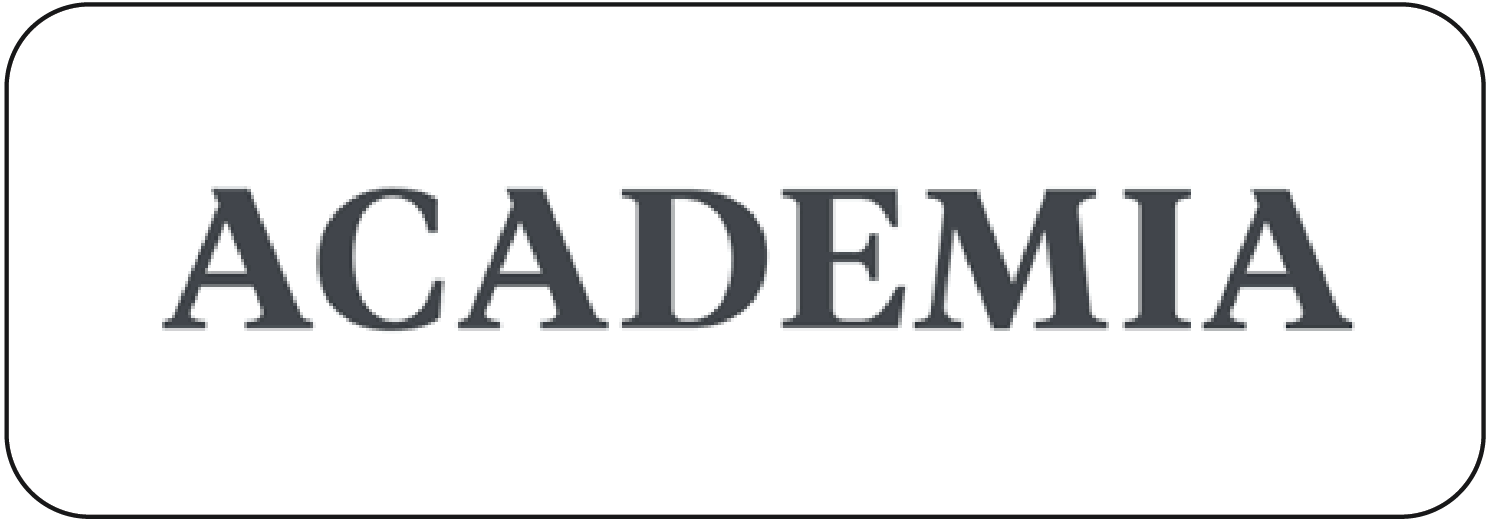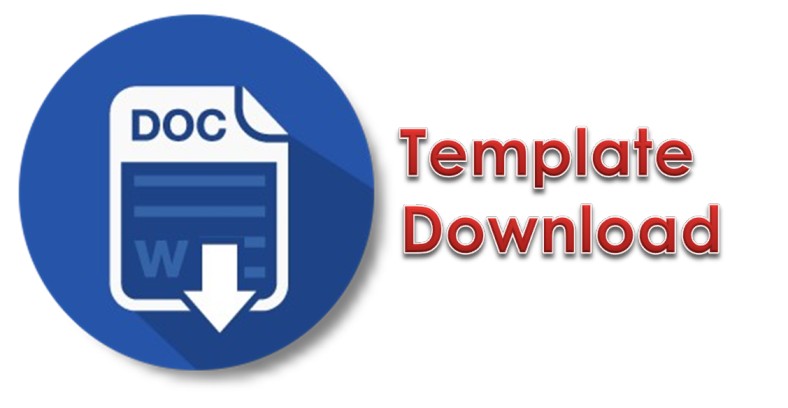Economic Empowerment Model Towards Mustahiq Through ZISWAF Fund Combination (Case Study of Mustahiq Developed by Laznas LMI Magetan)
DOI:
https://doi.org/10.51377/azjaf.vol5no2.153Keywords:
Zakat, Infaq, Shadaqah, Wakaf, ZISWAF, Poverty, Amil Institution, Economic EmpowermentAbstract
The total population in Indonesia is very high, which should be able to support the public's economy. However, in fact poverty is still one of the main problems in Indonesia. Islam is the most widely followed religion in Indonesia, in Islamic teachings there are instruments aimed for alleviating poverty, namely Zakat, Infaq, Shadaqah and Endowments (Wakaf) or abbreviated as Ziswaf. In practice, an institution named the Infaq Management Institute, Lembaga Manajemen Infaq (LMI) carries out the task to manage public’s funds then distribute to specified recipiennts. This study aims to find out the role of the Amil Zakat Institution (LMI) in alleviating and prospering its mustahiq and exploring the model of economic empowerment for mustahiq carried out by LMI. As well as being an inspiration for LMI to further improve programs in managing Ziswaf funds. This research used qualitative approach with the observational case study method. The results of this study indicate that the empowerment program carried out by LMI for mustahiq has a positive impact and helps improve the mustahiq's economy.
Downloads
Downloads
Published
How to Cite
Issue
Section
License
Copyright (c) 2024 Naufal Fairuz Nadhif, Irham Zaki

This work is licensed under a Creative Commons Attribution-NonCommercial-NoDerivatives 4.0 International License.






